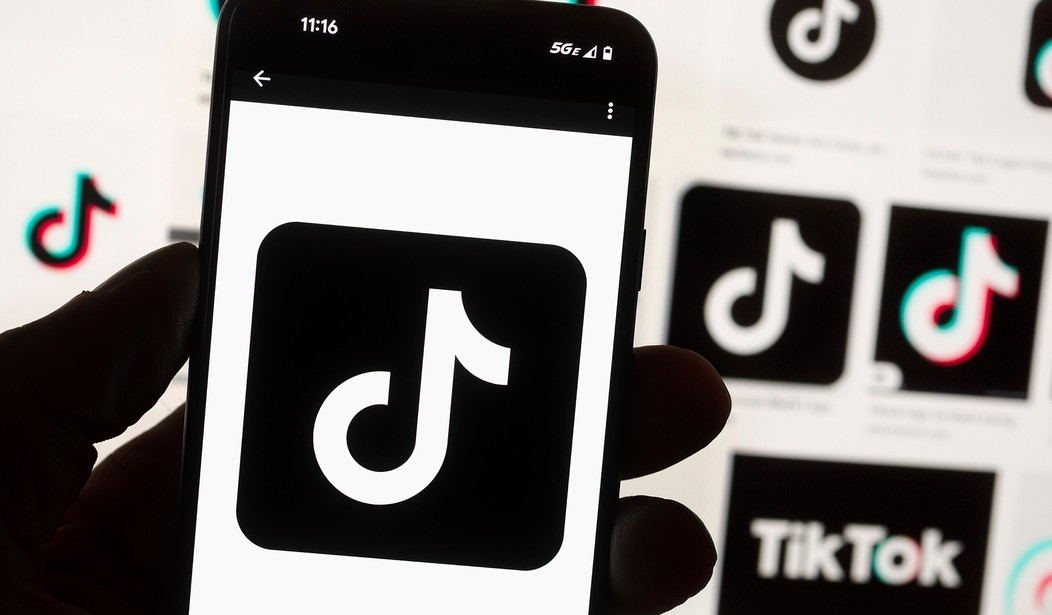Interesting analysis this morning from Axios in a “Deep Dive: Inside the Mind of Gen Z.” The piece pulls together a bunch of data points and quotes from experts to provide a snapshot of a generation that, at least in my humble opinion, is in deep trouble.
Related: Shock Survey: Almost One-Third of Gen Z Now Gender-Queer
Here’s the key data from the Axios analysis:
“By the numbers: Gen Z (defined as people roughly ages 12 to 27) reports the poorest mental health of any generation, according to a Gallup and Walton Family Foundation report.
- “Just 44% of Gen Zers say they feel prepared for the future.
“The big picture: They dodged familiar teen pitfalls — with lower teen pregnancy rates and lower rates of alcohol use. Instead, they’re grappling with alarming rates of loneliness, depression and suicidal thoughts.
“Zoom in: Partly by choice and partly out of necessity during the pandemic, Gen Z socializes online, rather than in person, far more than previous generations. That’s not healthy, experts say.”
I suspect that many PJ Media readers will immediately grasp the connections within those datapoints, so let’s do a little digging of our own and bring them to the surface in a way the Axios analysis avoided.
First, note that less than half of the respondents feel prepared for the future. For those still in or just entering adolescence, that’s no surprise, but there are millions of Gen Zers between the ages of 21 and 27.
Not feeling prepared for the future is another way of expressing significant insecurity and anxiety about their purpose and prospects in life, which ultimately is a spiritual issue.
So, it’s no coincidence that Gen Z is also the least faith-oriented, as found by the Survey Center on American Life”
“In terms of identity, Generation Z is the least religious generation yet. More than one-third (34 percent) of Generation Z are religiously unaffiliated, a significantly larger proportion than among millennials (29 percent) and Generation X (25 percent). Fewer than one in five (18 percent) baby boomers and only 9 percent of the silent generation are religiously unaffiliated.”
This being the case, nobody should be surprised that, as Axios describes it, Gen Zers are grappling with alarming rates of depression, loneliness and suicidal thoughts. What Axios doesn’t highlight is the related factor of absent fathers, which is particularly acute among Blacks but is steadily increasing among Whites as well.
“Over 45 percent of single mothers with children under the age of six live in poverty, while married couples with children have a single-digit poverty rate. Decades of research have also shown that children raised in homes with married parents have better social and emotional outcomes than children in any other arrangement,” writes Heritage Foundation Research Fellow Delano Squires.
As Squires notes, when Daniel Patrick Moynihan issued the famous report bearing his name on the Black family in 1965, one in four Black children were born to single mothers. Today, that percentage is 70 percent, and among Whites, the number is nearing 50 percent.
It was the Black family that Moynihan described as “crumbling.” Today, it is the American family that is doing so and at an alarming, possibly irreversible, rate. As a 2015 Heritage report put it:
“While the report was denounced by activists at the time, Moynihan’s observations were valid and the problems he identified have worsened over the past 50 years. Family breakdown among all Americans is a far greater problem today than it was five decades ago. To advance opportunity for all in America, policymakers and other leaders must promote marriage and the intact family in policy and culture.”
Axios notes the isolation that so typifies Gen Zers, ascribing much of the blame to the Coronavirus Pandemic. There is no doubt keeping students at home for online learning was a disaster for millions of young Americans, as the liberal Brookings Institution pointed out in 2022.
But, as Axios also suggests, social media is the root cause of this growing isolation and, with it, the absence of “people skills” that are essential to being prepared for and coping with adulthood. Most of us have become familiar in recent years with young ones whose faces are rarely seen because they are glued to their cell phones and laptop screens.
It is no coincidence that since the 1960s, when the decline in religious affiliation in America began to be undeniable, multiple parallel factors such as those highlighted by Axios and those I further discuss above have become steadily more prominent, not unlike the snowball that rolls down the hill and becomes a crushing giant.
The next question is whether Americans have the humility to recognize and admit our collective errors (especially we Boomers), the will to turn in a new direction and the strength to do whatever is necessary to end the destruction so we can rebuild a healthy society.
The above first appeared earlier today on HillFaith, the website of a Christian ministry focused on sharing the Gospel with congressional aides on Capitol Hill.










Join the conversation as a VIP Member